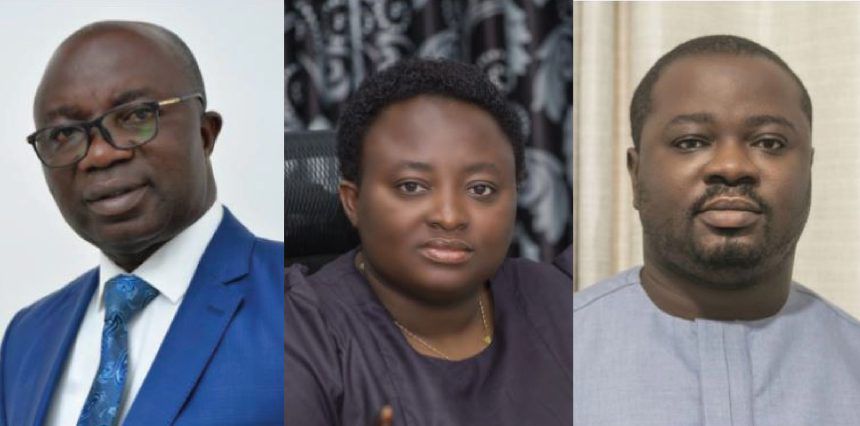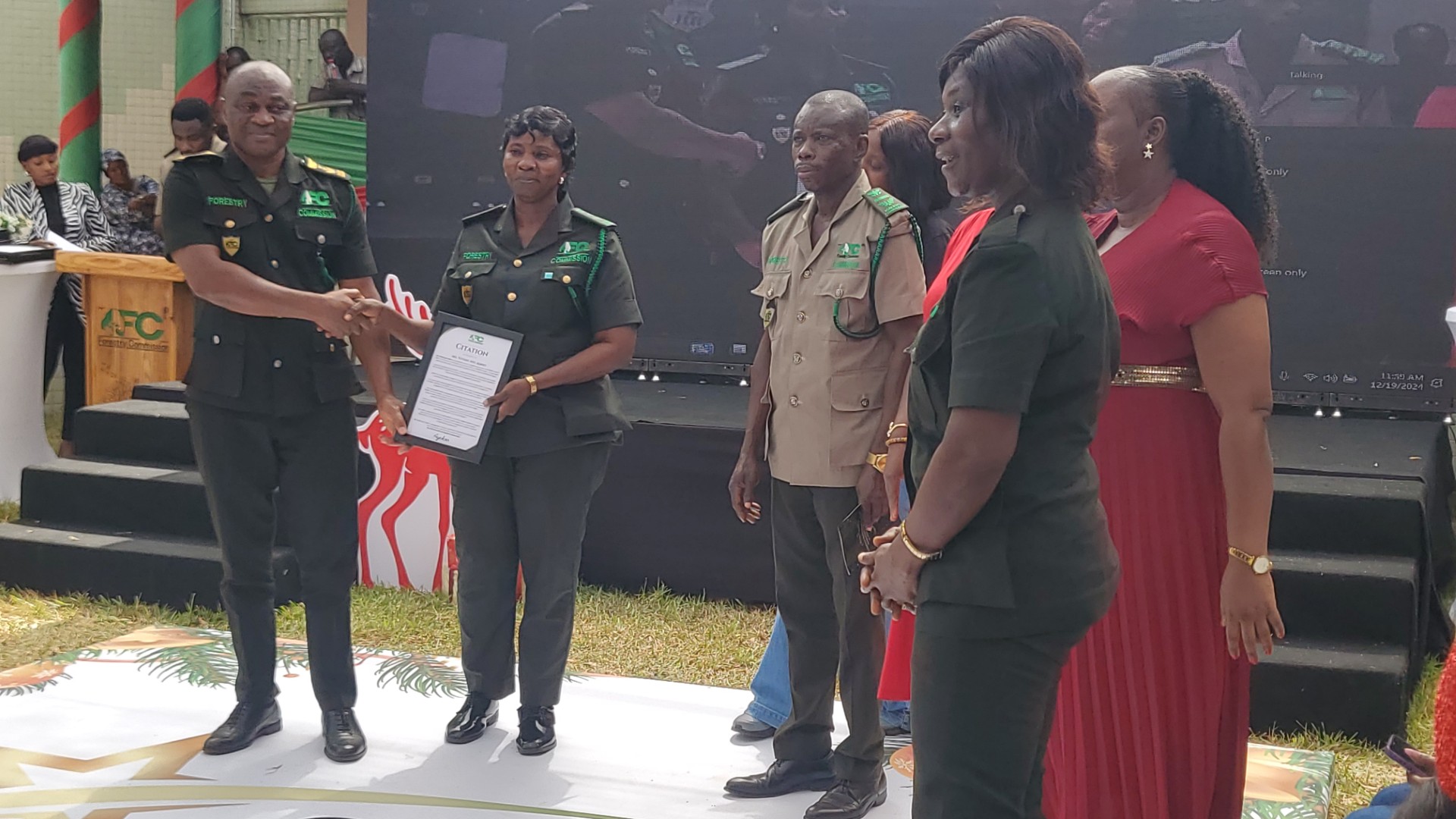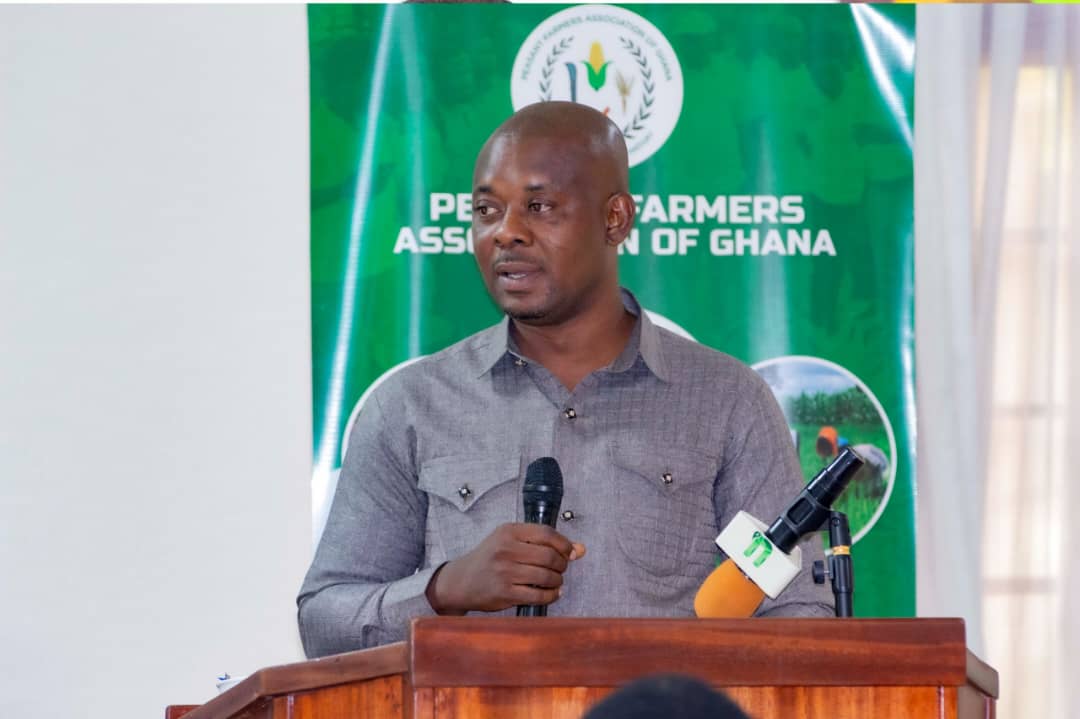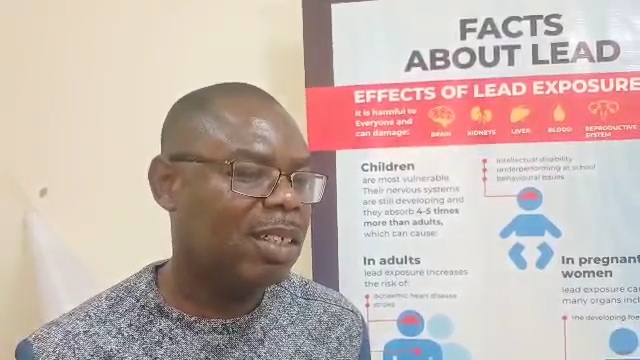
The recent allegations by the Office of the Special Prosecutor (OSP) regarding the adjudication of four high-profile cases raises an urgent question about the integrity of Ghana’s judicial system.
While detecting corruption and combating corruption are crucial to the flourishing of our democracy and the mandate of the Special Prosecutor, ‘unsubstantiated’ accusations of corruption, including bias, against members of the judiciary threaten judicial independence if left unchallenged.
This paper revisits the one of the four cases—the freezing of assets linked to the late Kwadwo Owusu Afriyie ‘Sir John’—to determine if the OSP’s censure of the judiciary holds merit.
The objective analysis of the well-established legal principles that follow will show that, despite the OSP’s grave and serious concerns about the character of the judge in the case, the judge acted appropriately in rejecting the OSP’s application.
Overview of the OSP’s Allegations Against the Judiciary
The summary of the OSP’s allegations is that members of the judiciary have ganged up against the office and have adopted a dismissive approach to cases brought by the office.
In his attacks, the OSP has directly suggested that in the case he had brought, looking to freeze some assets purportedly belonging to Kwadwo Owusu Afriyie, the judge both misapplied the law concerning the case and granted a non-existent immunity from prosecution to Sir John because he had died.
Proceedings against the Dead at Common Law
However, as a matter of general common law principle, whenever a party to a proceeding dies, the proceedings must end unless there is some statutory provision allowing a personal representative with sufficient interest to continue. (R v. Jefferies (1969))
In countries such as Ghana, the Rules of Court allow the substitution of parties upon the death of a party, but only in certain claims. However, those claims do not extend to criminal action. The common law rules further states that courts do not have the discretion or power to waive this rule. (R v. Turk (2017))In Ghana, the High Court recently applied this principle in the case of Dr. Mac Palmar, who was on trial for treason. When he died during the trial, the indictment was declared null and void concerning him. Also, in Abodakpi v. the Republic, the Court of Appeal affirmed the common law principle by citing with approval the common law view that ‘when an attempt is made to charge a dead person with a matter in which if they were alive, they might have answered the charge, the evidence ought to be thoroughly shifted, and the mood of any judge who hears it ought to be first of all in a state of suspicion.’
The Supreme Court has subsequently affirmed this principle in cases such as Kusi & Kusi v. Bonsu. And as recently as 2021, the Supreme Court explained in Bokor v Oddoye substituted by Philip Odoi, the Supreme Court explained ‘the rationale for this principle is of abiding value because there is a grace danger in accepting charges against dead persons who have no means of answering the charge.’
Therefore, even where the law allows actions against deceased persons to begin or continue, the courts always hear the evidence in the case with a presumption in favour of the deceased. While the Court will not insist on corroborated evidence, it will treat with suspicion and care uncorroborated evidence against a deceased person and will not accept such evidence except if absolutely satisfied with its truthfulness (Kusi & Kusi v. Bonsu).
Matters In Issue
The OSP is the creation of an act of Parliament. That means that every action the OSP takes must be authorized by a provision in that Act of Parliament or other legislation made under that Act.
Secondly, he is a product of delegated legislation and lacks even the common law powers that the Attorney-General and Police exercise in addition to their statutory powers.
The matter in issue, in this case, was not therefore simply that Sir John was dead but rather whether, first of all, there was a statutory provision overriding the common law ‘bright line’ prohibiting proceedings against the dead and second, whether the OSP had satisfied the statutory ground upon which he chose to freeze the assets in question by adducing sufficient evidence capable of withstanding the scrutiny of judicial suspicion.
Why Issue One was resolved against the OSP?
For the Court to grant the OSP’s application to freeze any property, the OSP must be able to articulate facts that satisfy the Court that any of the six grounds mentioned under Section 40(1) exist collectively or at all.
As a result, concerning his application to freeze the properties purportedly belonging to Sir John, he had to show the Court that either:
- The estate of Sir John was being investigated for a specified corruption or corruption-related offence. However, that was impossible because Sir John was no more, and a criminal investigation, absent a statutory provision empowering it, a criminal investigation could not be begun against him with his Estate as substituting party.
- The estate of Sir John had been charged with any corruption or corruption-related offence. Again, that would have implied substituting the estate as parties in the criminal action against Sir John who had died and thus could never possibly be charged with a corruption or corruption-related offense;
- There are reasonable grounds to believe that the properties in question are tainted. Under the OSP Act, a property is tainted where that property has been either in connection with the commission of an offense or has been derived, obtained or realised as a result of the commission of a corruption or corruption-related offense;
- The properties in question were a derived benefit directly or indirectly from a corruption or corruption related offense. That required evidence linking the property to either a corruption or a corruption related offense as specified under the OSP Act.
- the property is tainted and is under the control of another person, but there are reasonable grounds to believe that Sir John is subject to the effective control of Sir John actual owner of the property, and/or;
- there are reasonable grounds to believe that the court will make a confiscation order under Section 54 of the OSP Act which means that the OSP must articulate facts backed by evidence showing or warranting his belief that eventually the Court will grant a confiscation order in respect of the properties.
By Kofi Opare Hagan, Barrister
The post Re-Examining The OSP’s Attacks On Ghana’s Judiciary (1) appeared first on DailyGuide Network.
Read Full Story













Facebook
Twitter
Pinterest
Instagram
Google+
YouTube
LinkedIn
RSS